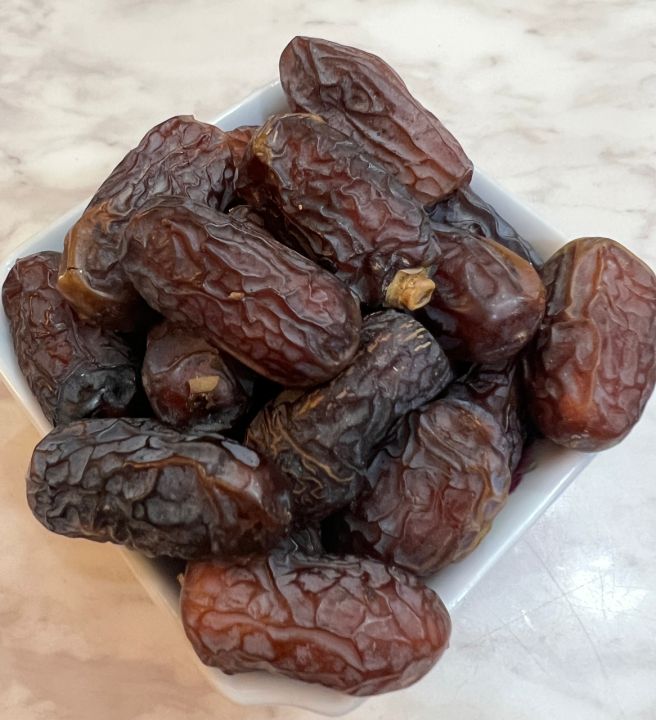Kurma Tangkai: A Malaysian Tradition

The Potential of Domestic Date Palm Cultivation in Malaysia
The cultivation of date palms, the trees from which kurma tangkai are harvested, has traditionally been associated with arid regions such as the Middle East and North Africa. However, in recent years, there has been increasing interest in exploring the potential for domestic date palm cultivation in countries with more diverse climates, including Malaysia. In this blog post, we will delve into the topic of kurma tangkai and discuss the possibilities and challenges of cultivating date palms locally in Malaysia.
Understanding Kurma Tangkai
1. Definition and Characteristics
Kurma tangkai refers to the unripe, green dates that are harvested from date palm trees. These dates are typically harvested before they ripen to a sweet, soft stage. They have a distinct sour taste and are commonly used in various traditional cuisines and beverages. They are valued for their unique flavor profile and nutritional properties.
2. Utilization in Culinary Applications
They find their place in many traditional Malaysian dishes and beverages. They are often used in cooking to add a tangy and slightly sour flavor to dishes such as curries, stews, and traditional desserts. They are also utilized to make refreshing drinks and syrups, providing a distinctive taste to local beverages.
Exploring Domestic Date Palm Cultivation
1. Climate and Soil Suitability
One of the primary considerations for cultivating date palms in Malaysia is the climatic and soil conditions. Date palms thrive in hot and arid climates, but they can also adapt to tropical and subtropical regions with proper care. Malaysia’s tropical climate provides an opportunity for date palm cultivation, particularly in regions with well-drained soil and sufficient sunlight.
2. Potential Benefits
The exploration of domestic date palm cultivation in Malaysia offers several potential benefits. Firstly, it could contribute to the diversification of the agricultural sector and provide new economic opportunities for farmers. Domestic cultivation would reduce the reliance on imported dates, making Malaysia more self-sufficient in meeting the demand for kurma tangkai. Additionally, cultivating date palms locally could promote environmental sustainability by reducing the carbon footprint associated with long-distance imports.
3. Challenges and Considerations
While domestic date palm cultivation in Malaysia holds promise, there are several challenges to overcome. Date palms require specific care and maintenance, including proper irrigation, pest control, and pruning. The availability of skilled labor and expertise in date palm cultivation techniques may need to be developed. Furthermore, the initial investment required for establishing date palm plantations and the relatively long time frame for the trees to reach maturity can pose financial challenges for farmers.
Conclusion
The exploration of domestic date palm cultivation in Malaysia presents an exciting opportunity for the country’s agricultural sector and the kurma tangkai industry. With suitable climatic conditions and proper care, date palms can potentially thrive in Malaysia, contributing to self-sufficiency and economic diversification. However, it is essential to address the challenges associated with cultivation and provide the necessary support to farmers interested in venturing into date palm cultivation. By doing so, Malaysia can unlock the potential of this variety and enhance its position in the date industry.
Key Highlights:
– Kurma tangkai refers to unripe, green dates harvested from date palm trees.
– Malaysia is exploring the potential for domestic date palm cultivation.
– Climate and soil conditions play a crucial role in date palm cultivation.
– Domestic cultivation could diversify the agricultural sector and reduce reliance on imported dates.
– Challenges include the need for specialized care, skilled labor, and initial investment.
– Exploring domestic cultivation can contribute to self-sufficiency and environmental sustainability in the date industry.